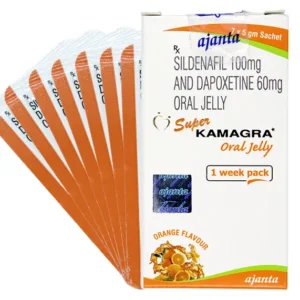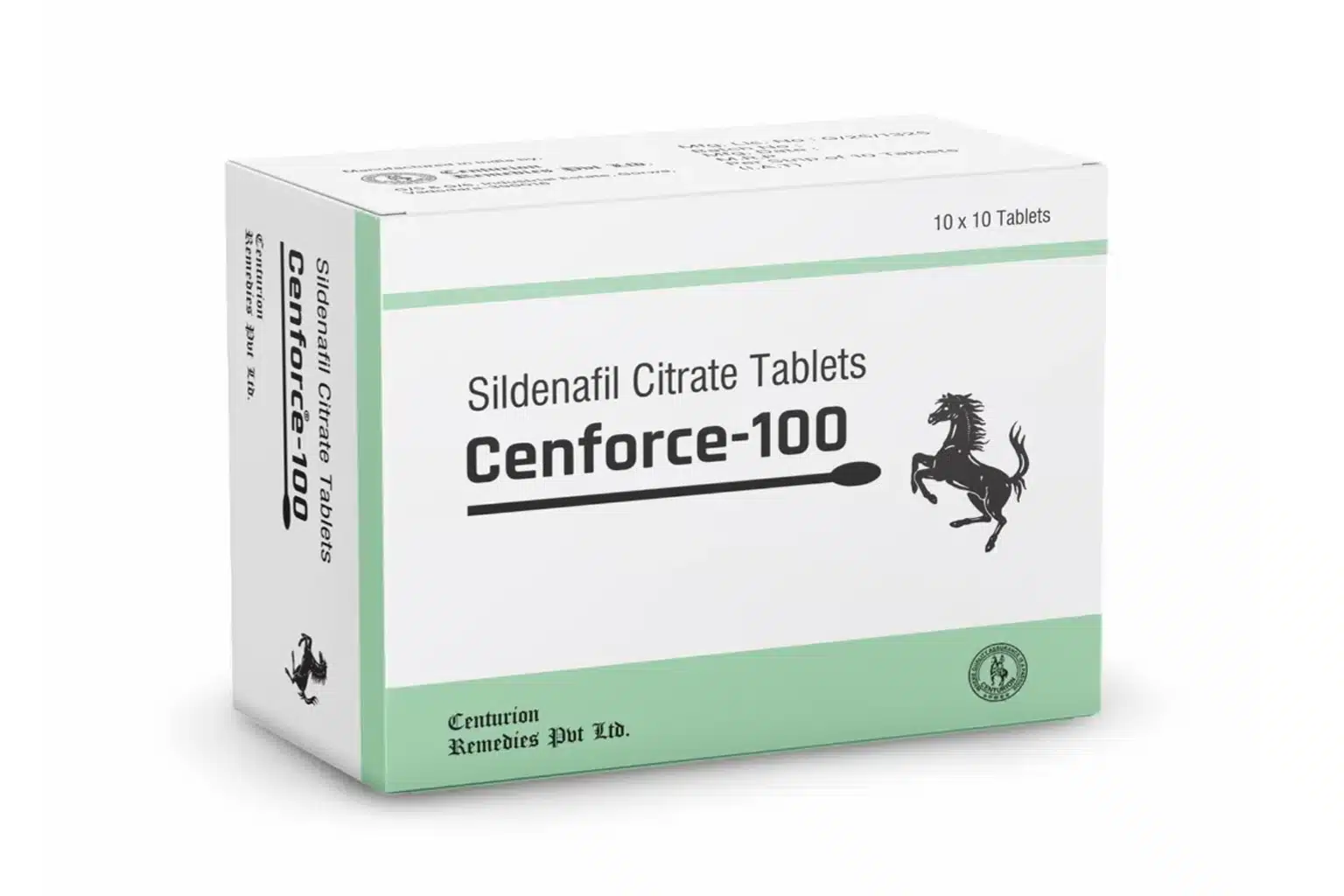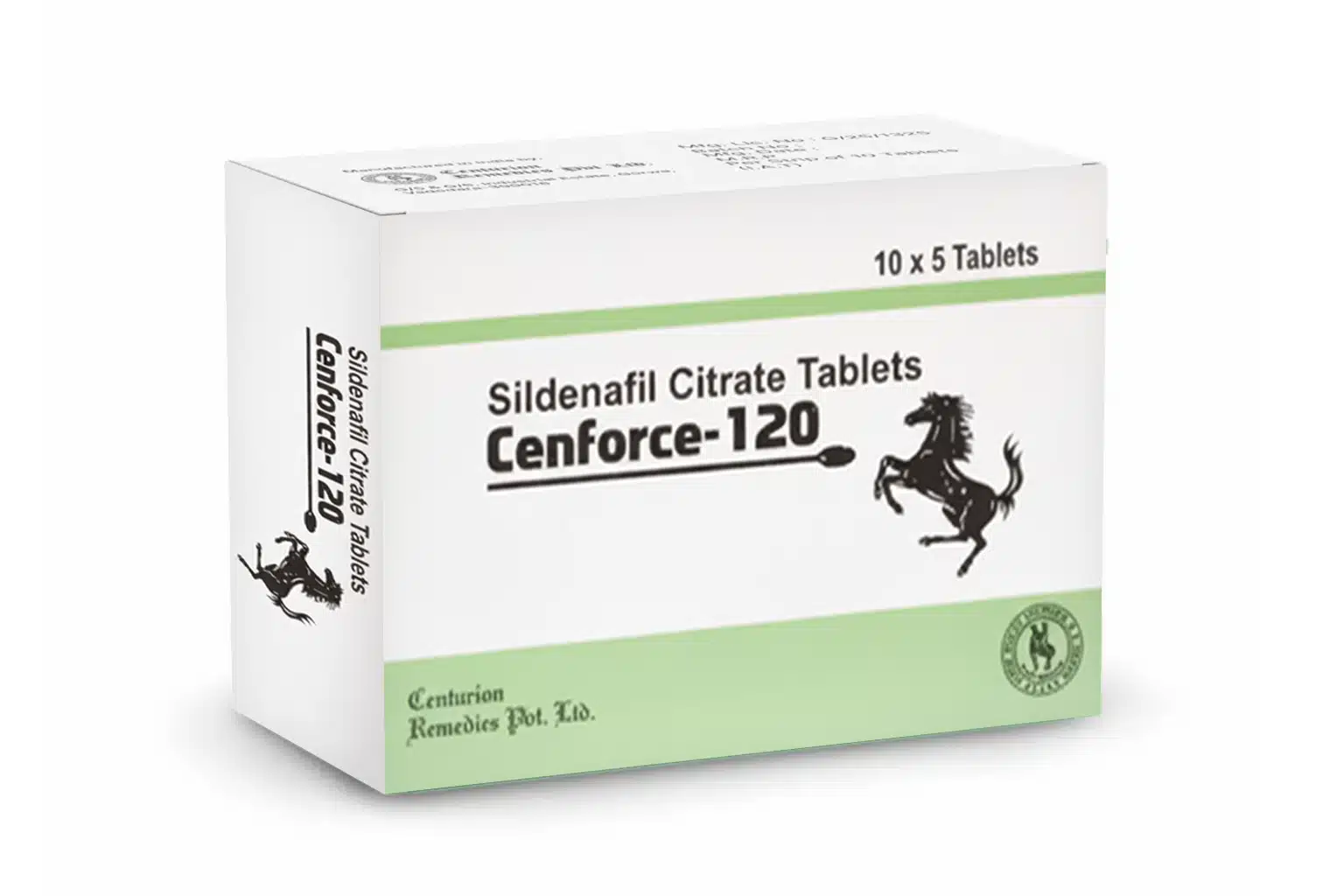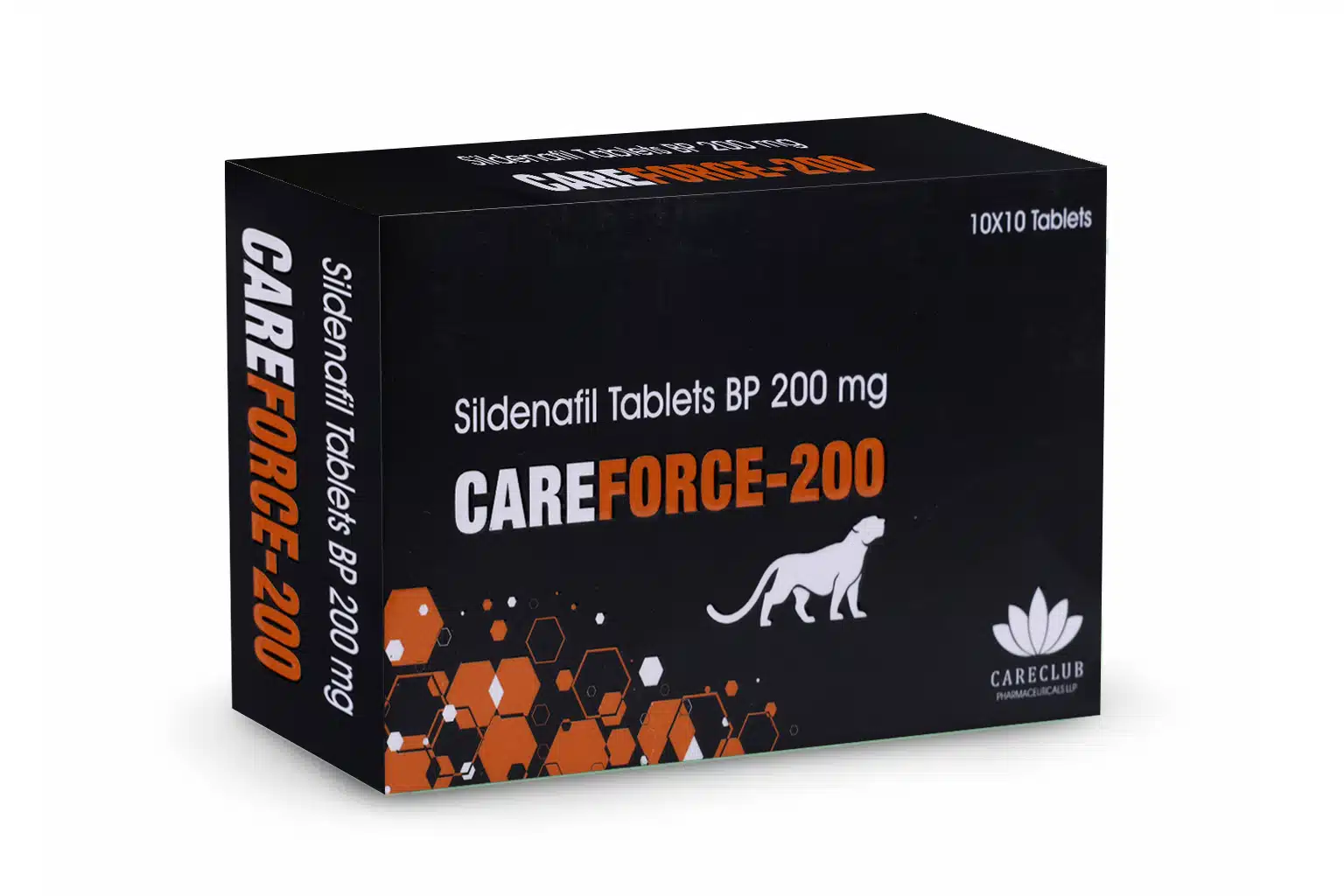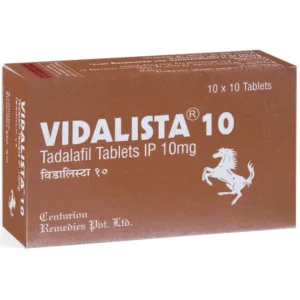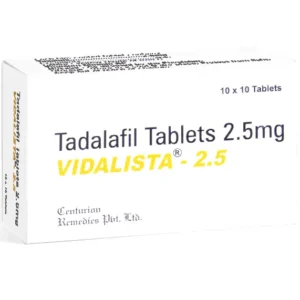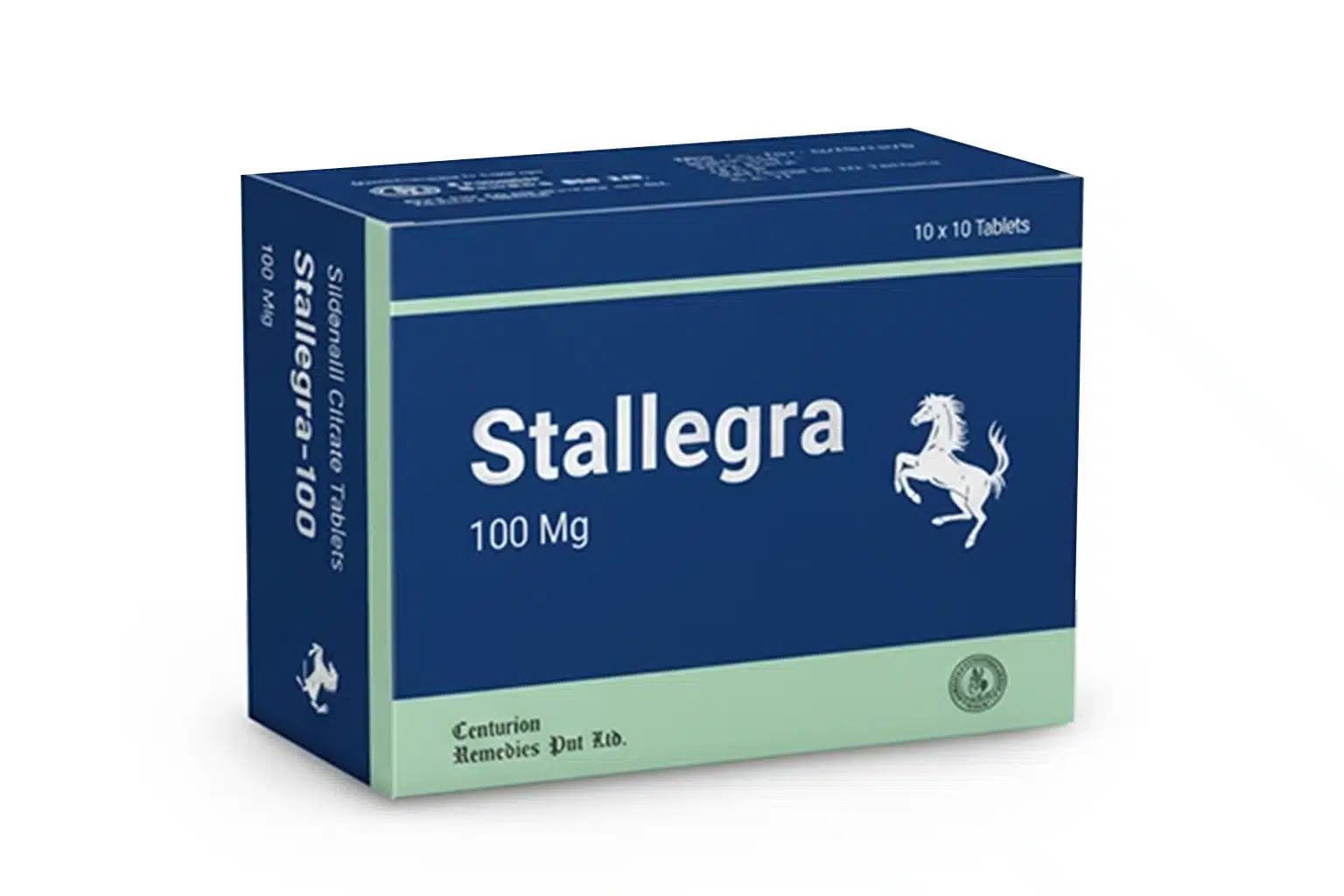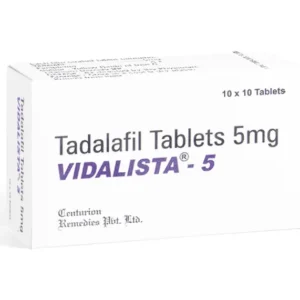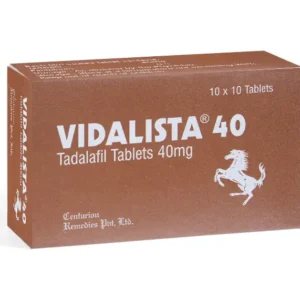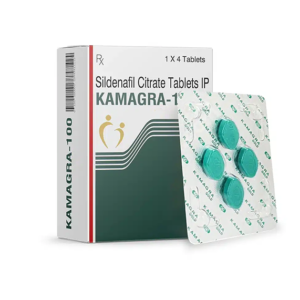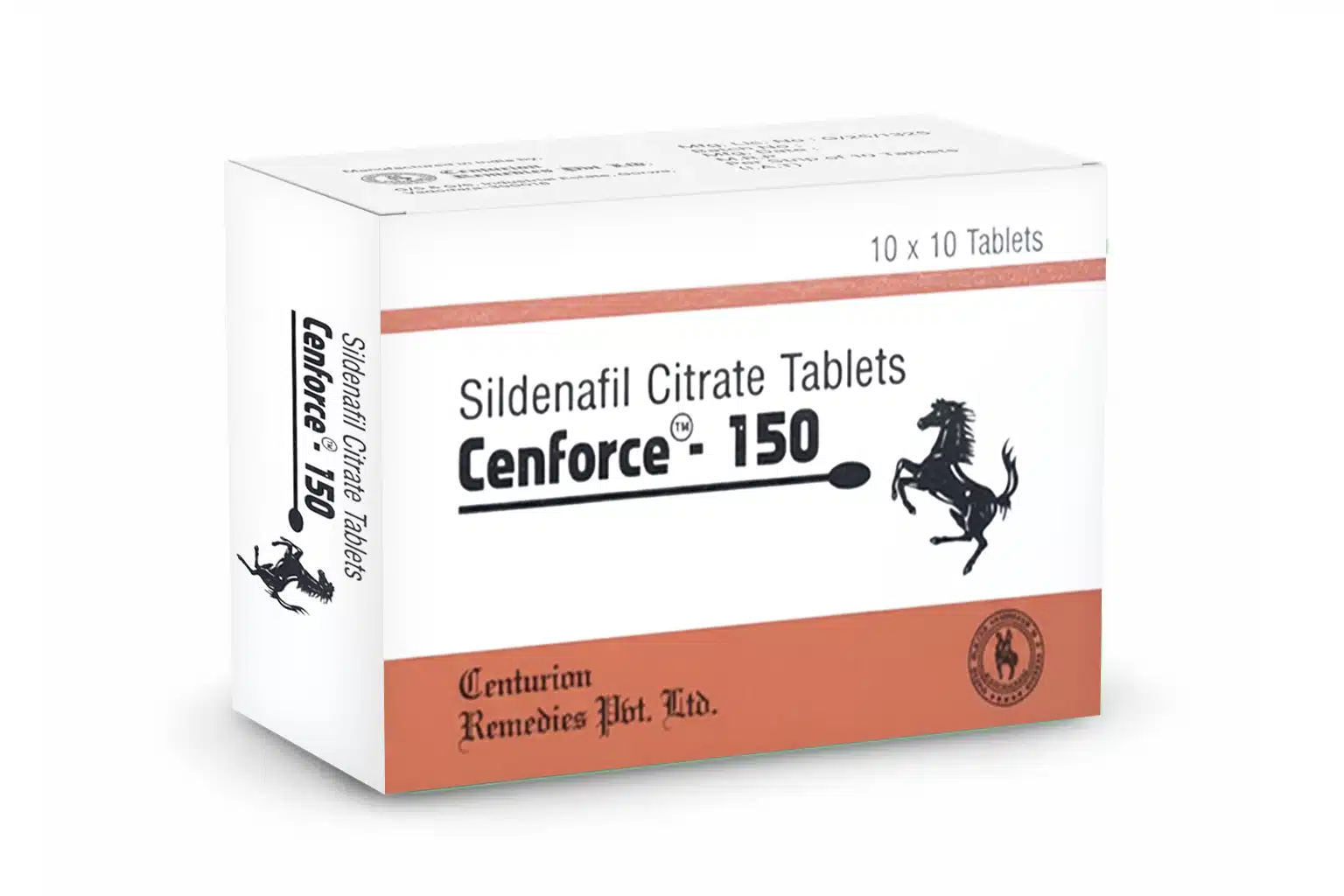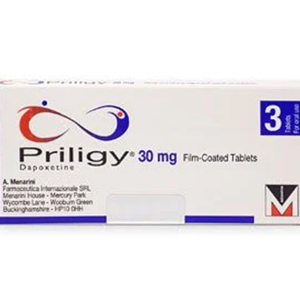ED & the Microbiome: How Gut Bacteria Affect Your Sex Life
People often think of erectile dysfunction (ED) as a narrow vascular or psychological problem. Scientists have found an unexpected player in sexual health over the past ten years: the gut microbiome. Trillions of bacteria, fungi, and other microbes in your digestive tract affect your metabolism, immunity, mood, and, now it seems, sexual function. This post walks through how the gut microbiome can affect erections, the connections with hormones, what the science says about probiotics and ED, how common ED treatments like sildenafil fit into the picture, and practical steps for better digestive health and libido.
The big idea: your gut ≠ just digestion
The gut microbiome is a place where metabolism happens and signals are sent. Microbes break down food into bioactive metabolites, control inflammation and the gut barrier, work with the nervous system (the “gut-brain axis”), and even help break down steroids. Gut bacteria can affect important systems that have to do with erectile function, such as hormone balance (especially testosterone), inflammation, and mental health (mood and anxiety). Recent research has identified unique microbial patterns in men with erectile dysfunction (ED) and suggests possible causal relationships in specific studies.
How gut bacteria can influence erections (the mechanisms)
Vascular health and inflammation
Chronic low-grade inflammation (often linked to an unhealthy microbiome) damages the endothelium — the inner lining of blood vessels — and reduces nitric oxide (NO) signaling. NO is essential for penile blood flow and erection. Dysbiotic microbiomes can increase circulating pro-inflammatory molecules (like lipopolysaccharide from gram-negative bacteria) that worsen endothelial function and raise cardiovascular risk — both risk factors for ED.Hormone metabolism and testosterone
Gut microbes can deconjugate and metabolize steroid hormones or influence their circulation indirectly via bile-acid signaling and the enterohepatic circulation. Because testosterone (and other androgens) are central to libido and erectile physiology, changes in the microbiome that affect androgen levels or signaling can influence sexual functioning. Several reviews link gut microbes to sex-hormone homeostasis.Metabolic health (insulin resistance, obesity)
Microbiome-driven metabolic dysfunction — such as increased energy harvest, altered short-chain fatty acid profiles, and gut-derived inflammation — contributes to obesity and type 2 diabetes. These conditions are major causes of ED through vascular, neural, and hormonal pathways. Improving microbiome composition can therefore support metabolic health and indirectly improve erectile function.Gut barrier, metabolites, and penile tissue inflammation
A “leaky gut” lets microbial products enter the bloodstream and trigger systemic inflammation. Animal and human studies suggest that such inflammation may affect penile tissue, reduce smooth-muscle relaxation, and impair erections. Some mechanistic work points to altered metabolites (for example, bile-acid derivatives) impacting penile tissue signaling.The gut–brain axis: mood, anxiety, and sexual response
Sexual performance is tightly linked to psychological state. The microbiome influences neurotransmitter production and stress-response systems. Dysbiosis is associated with anxiety and depressive symptoms, which can worsen ED. Interventions that improve gut health sometimes correspond with improved mood and sexual function.
Best Seller
Best Seller
What the clinical and lab studies show
Observational studies have found distinct gut microbiome signatures in men with ED compared with controls. Some taxa (for example, certain members of Lachnospiraceae) have been associated with higher ED risk, while other groups (like Ruminococcaceae) appear protective in genetic and observational analyses. These patterns hint at a real association between gut bacteria and erectile function.
Mendelian randomization and causal analyses: A few genetic-instrument studies support possible causal roles for the microbiome in ED risk, though this is early work and needs replication.
Animal models demonstrate that modifications to the microbiome, through high-fat diets, antibiotics, or fecal transplants, can affect erectile function, penile tissue inflammation, and penile vascular signaling. These models elucidate mechanisms but do not accurately represent human complexity.
Studies of intervention: There is a limited but increasing interest in the potential of probiotics or targeted microbiome therapies to enhance sexual health. There are not many clinical trials that specifically test probiotics for ED. However, probiotic treatments have been shown to help with related issues like metabolic health, inflammation, and even sperm quality, which are all important for sexual function. Larger and better-designed clinical trials are needed before probiotics can be suggested as a first-line treatment for ED.
Sildenafil & the microbiome, is there any interaction?
Sildenafil (Viagra) works primarily by enhancing nitric oxide–cGMP signaling in penile tissue to increase blood flow. How the gut microbiome affects sildenafil’s action is not well characterized. A few preclinical and mechanistic studies suggest:
Sildenafil and GI physiology: PDE5 inhibitors can affect gastrointestinal smooth muscle and transit in some settings, which may alter drug absorption or gut environment in theory.
Microbiome impact on drug metabolism: Many drugs are metabolized partly by gut microbes. While sildenafil is primarily metabolized by liver enzymes, microbial alterations that affect systemic inflammation, liver function, or GI transit could indirectly influence drug effect or side effects. At present there is no strong clinical evidence that the microbiome dramatically changes sildenafil efficacy, but researchers call for more targeted studies.
Takeaway: sildenafil remains an effective and appropriate therapy for many men with ED, but understanding the microbiome may help explain variable responses and side-effect profiles in the future.
Can probiotics help erectile dysfunction?
Short answer: promising but not proven.
Why promising?
Probiotics can reduce systemic inflammation, improve insulin sensitivity and lipid profiles in some populations, and support gut barrier integrity — all potential contributors to improved erectile function. Trials of probiotics for male reproductive endpoints (e.g., sperm quality) show some positive signals.
Why hasn’t it been proven?
There are a few randomized controlled trials specifically assessing probiotics for ED. Studies differ in probiotic strains, doses, duration, and participant characteristics, so results are heterogeneous. Clinical recommendations require reproducible benefits in well-controlled trials.
If you’re curious about trying probiotics:
Choose evidence-backed strains (Lactobacillus, Bifidobacterium species are the most studied) and realistic expectations.
Use them as part of a broader plan addressing sleep, exercise, weight loss (if needed), and cardiovascular risk management — not as a substitute for medical evaluation.
Discuss with your doctor if you’re immunocompromised or on multiple medications.
Practical, science-backed steps to support your gut and sexual health
Treat underlying medical problems — diabetes, hypertension, high cholesterol, and sleep apnea are leading causes of ED. Addressing these improves both vascular health and the microbiome.
Eat a diverse, fiber-rich diet — high-fiber plant foods feed beneficial microbes and support short-chain fatty acid production, which helps gut barrier integrity and reduces inflammation. Mediterranean-style eating often ranks well for both gut and vascular health.
Manage weight and metabolic health — losing excess weight improves insulin sensitivity, cardiovascular risk, and sometimes erectile function. The microbiome both influences and is influenced by body weight.
Stay active — exercise favors microbiome diversity and improves endothelial function and mood.
Limit antibiotics and unnecessary antacids — these can disrupt gut flora. When antibiotics are needed, discuss probiotic timing with your clinician to minimize long-term disruption.
Consider targeted supplements under medical guidance — probiotics, omega-3 fats, and certain prebiotic fibers can support gut health. But choose products with transparent strain labeling and clinical backing.
Get evaluated for ED — if you’re experiencing persistent erectile difficulty, see a clinician. ED can be a sentinel sign of cardiovascular disease and deserves evaluation beyond quick fixes. Ask about sildenafil or other PDE5 inhibitors when appropriate — these remain standard, evidence-based treatments.
Realistic expectations
The microbiome is an exciting frontier — but it’s not a magic bullet. For many men, ED reflects multiple overlapping causes (vascular, endocrine, neurological, psychological). Improving gut health may help one or more of those contributing factors, particularly inflammation and metabolic disease, but it will usually be only one component of a full treatment plan.
Bottom line
Emerging evidence links the gut microbiome to erectile function through inflammation, hormone metabolism, metabolic health, and the gut–brain axis. While the field is young, it’s biologically plausible and supported by a mix of observational, mechanistic, and animal studies. Probiotics and diet change are promising adjuncts but are not yet standalone cures for ED. If you’re struggling with erectile dysfunction, the best approach is a thorough medical evaluation combined with lifestyle steps that support both vascular and gut health.
FAQs
Q: Can changing my diet cure ED?
A: Diet changes can improve metabolic health and inflammation, which can positively affect erectile function — especially when ED is related to obesity or diabetes. For some men, a significant lifestyle change leads to substantial improvement; for others, medical treatment remains necessary.
Q: Which probiotics should I take for ED?
A: No specific probiotic has been proven to cure ED. If you try probiotics, look for strains with clinical evidence for metabolic or inflammatory outcomes (common groups: Lactobacillus, Bifidobacterium) and use them alongside lifestyle measures. Discuss with your clinician, especially if you have complex health issues.
Q: Will gut testing (stool microbiome tests) tell me if I’ll get ED?
A: Current stool tests can describe microbial composition, but translating those results into personalized clinical predictions for the ED is not yet reliable. Research may move toward predictive signatures, but at present, stool tests should be interpreted cautiously and ideally with expert guidance.
Q: Could antibiotics or gut infections cause ED?
A: Severe or prolonged gut infections and courses of antibiotics that disrupt the microbiome could theoretically contribute to inflammation or metabolic changes that affect erectile function — but they’re not common direct causes. Always treat infections appropriately and discuss persistent symptoms with your doctor.
Q: Should I stop sildenafil if I’m working on my gut health?
A: No. If sildenafil helps your erections and is safe for you (no contraindicated medications or heart conditions), continue it while you work on health changes. Discuss any medication plans with your clinician. Research is ongoing into how microbiome changes might alter drug response but this is not currently a reason to stop proven therapy.
Selected references & further reading
Zhang Y, et al. Causal effects of gut microbiota on erectile dysfunction. (Mendelian randomization). 2023. PMC
Su Q, et al. Specific gut microbiota may increase the risk of erectile dysfunction. Frontiers in Endocrinology. 2023. Frontiers
Kaltsas A, et al. The Role of Gut Microbiota Dysbiosis in Erectile Dysfunction. MDPI Microorganisms. 2025. MDPI
Xu Z, et al. The Role of Gut Microbiota in Male Erectile Dysfunction. WJMH. 2025. WJmH
d’Afflitto M, et al. Association between sex hormone levels and gut microbiota. 2022. PMC
Reviews on gut microbiome and sex hormones and general microbiome–metabolism links. PMC
Ongoing clinical trials exploring probiotics and male reproductive outcomes. ClinicalTrials.gov. ClinicalTrials



